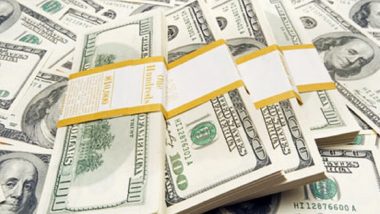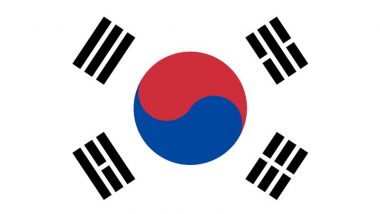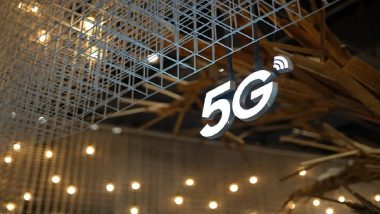Dubai, June 4: An Alaska man accused of laundering $1 billion held in South Korea for Iran funneled nearly all the money through the United Arab Emirates, U.S. federal court documents released early Thursday show. The court documents, filed as part of a U.S. asset seizure effort, shed further light on how Kenneth Zong allegedly created fake invoices to help Iran draw cash held by South Korea in lieu of payment for oil shipments.
It also renewed questions about financial transparency in the UAE, as the order sought to seize $20 million held by one of the country's seven emirates. Zong helped Iran by creating fake invoices for construction material, using them to convince South Korean banks and regulators to release the money, federal prosecutors said. In April, the Industrial Bank of Korea agreed to pay $86 million in fines over failing to stop the laundering, federal prosecutors in New York said. Tablighi Jamaat Chief Maulana Saad Kandhalvi Booked for Money Laundering by Enforcement Directorate.
Zong, earlier convicted of criminal charges in South Korea over the scheme, was due to be released from prison in March, though U.S. federal prosecutors said it was likely he'd be held there until he paid a fine of millions of dollars.
No lawyer was listed for Zong in the U.S. court filings. Federal prosecutors want to extradite him to stand trial in the U.S. as well.
Of the money laundered, nearly all of it flowed into the United Arab Emirates, a U.S.-allied federation of seven sheikhdoms home to Abu Dhabi and Dubai.
War profiteers, terror financiers and drug traffickers sanctioned by the U.S. in recent years have used Dubai's real-estate market as a haven for their assets, one report found.
While saying efforts have been made to improve the UAE's financial controls, the Paris-based Financial Action Task Force in April warned that the country's “limited number of money laundering prosecutions and convictions, particularly in Dubai, are a concern given the country's risk profile.”
In announcing the forfeiture effort, U.S. federal prosecutors thanked authorities in Dubai and in Ras al-Khaimah, another emirate whose sovereign wealth fund holds the sought-after $20 million.
That money ended up there as part of a plan by three Iranians later sanctioned by the U.S. Treasury to buy a hotel owned by the fund in the nation of Georgia. That deal was engineered by an Iranian-American gunrunner with ties to the CIA who was not named in the U.S. court documents. Officials in Ras al-Khaimah did not immediately respond to a request for comment.













 Quickly
Quickly






















